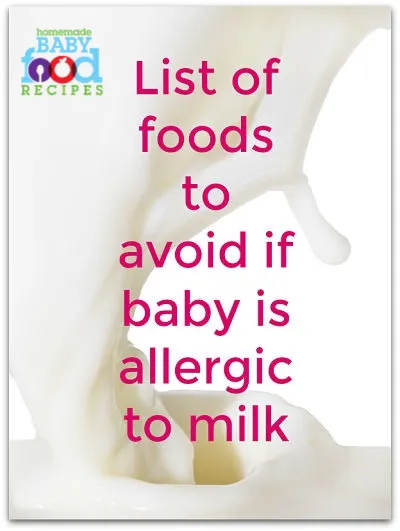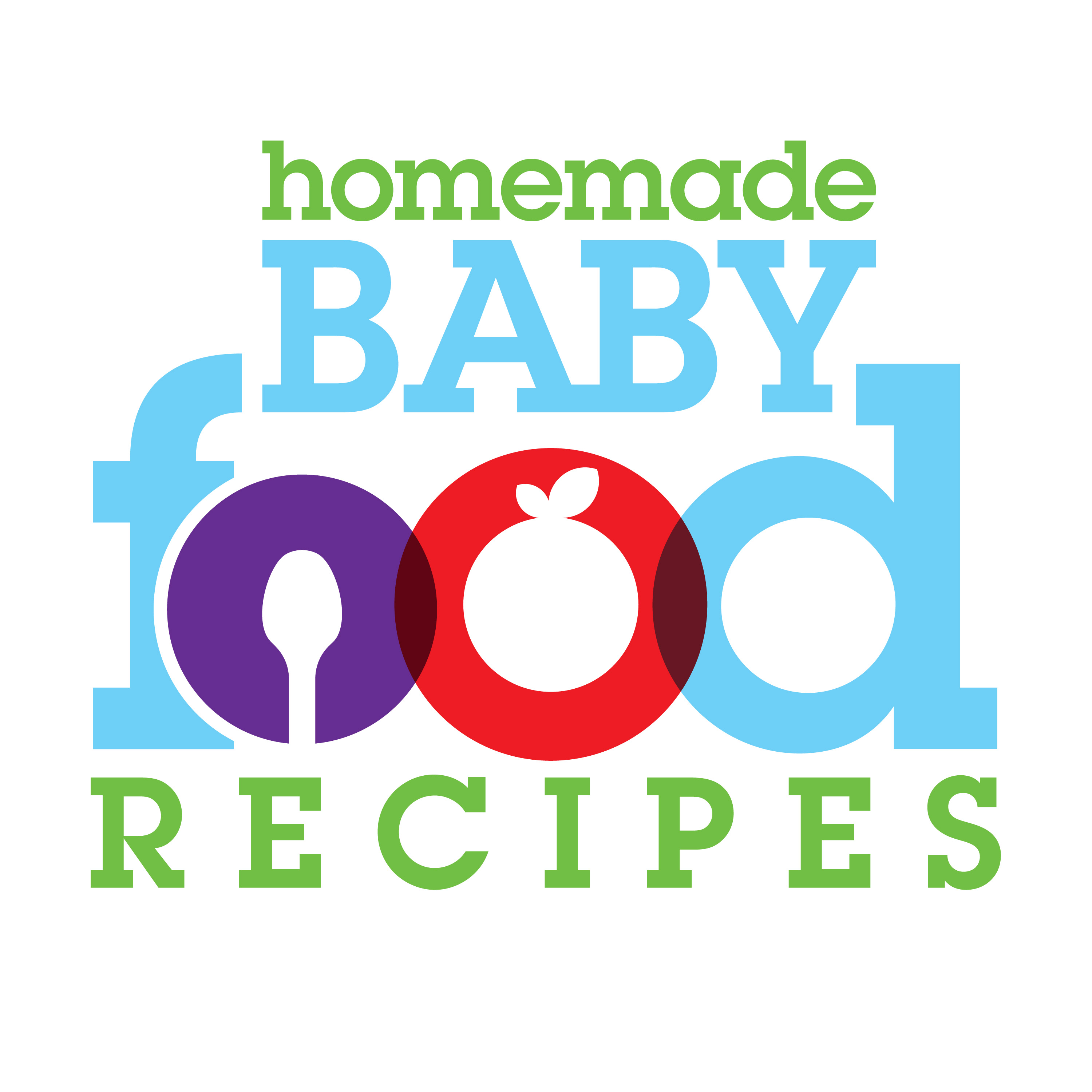If your little one has been diagnosed with a milk allergy, then there are many foods he will need to avoid. Some – like dairy products – are obvious, but there are other foods containing milk that you may not have even thought about.
The following list includes many of the foods and ingredients that you need to be on the look-out for when preparing food for a baby with a milk allergy – and particularly when offering him any pre-made foods or snacks.
Please bear in mind that there may be other foods that contain milk – or milk ingredients – and there are just too many to provide an exhaustive list here. Whilst our list may help you avoid the most common culprits, please don’t give any food to your baby if you’re unsure about what it contains… if in doubt, leave it out!

Baby Milk Allergy – Foods to Avoid
- cow’s milk (this includes skimmed, dried, evaporated and condensed milk)
- goat’s milk
- yogurt and cheese (although please discuss these foods with your child’s doctor, as some people with milk allergy can still tolerate yogurt and cheese because the protein responsible for reactions is somewhat broken down in the fermenting and maturation processes)
- milk powder
- creme fraiche
- cream
- fromage frais
- buttermilk
- lassi
- whey
- butter
- ghee
- margarine
- canned fish (some brands contain casein)
- processed meats/deli meats
- some soy products
- some cereal products
Baby Milk Allergy – Ingredients to Avoid
Check the labels on any foods that you plan to serve to your baby. It may not be immediately obvious that all of the following ingredients indicate the presence of milk in some form – but if they appear on a label, then the food will probably not be suitable for your baby.
- acidophilus milk
- casein
- caseinate
- curds
- galactose
- lactalbumin
- lactate
- lactic acid
- lactoglobulin
- lactose
- malted milk
- potassium caseinate
- rennet
- sodium caseinate
Please remember – it’s important to seek a proper diagnosis of milk allergy before excluding milk or foods containing milk from your baby’s diet. Milk and many milk products contain important nutrients and it’s essential that you discuss your baby’s requirements with a medical expert. He or she will be able to advise you about suitable dietary alternatives that will ensure your little one continues to get all the nutrients he needs.
From our site:
More information about milk allergy in baby
More information about introducing dairy foods to baby
